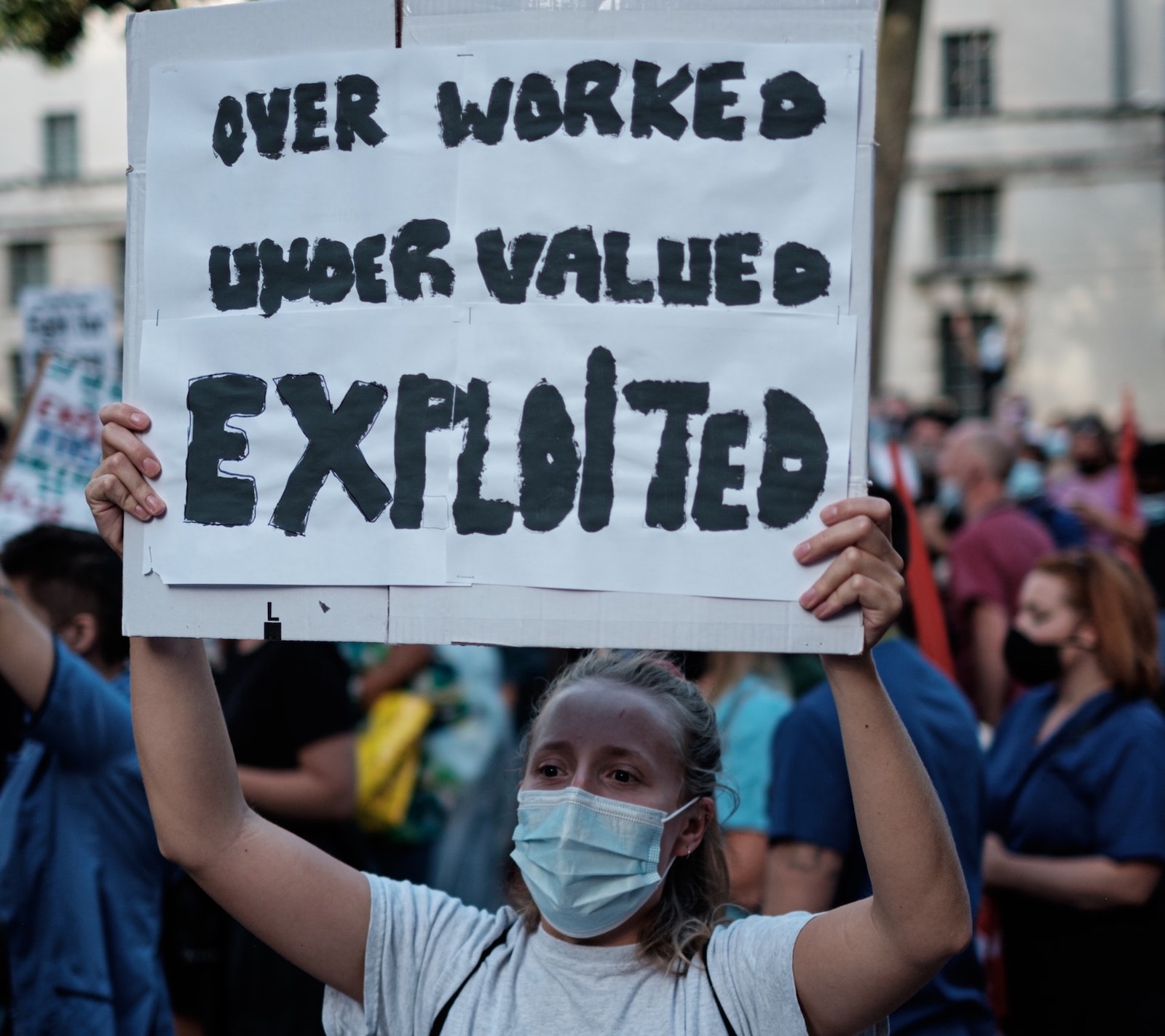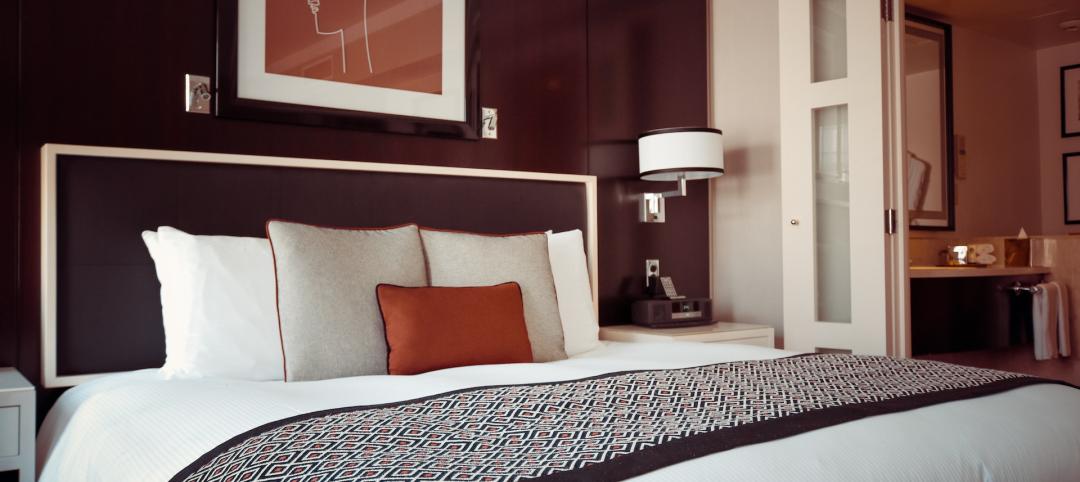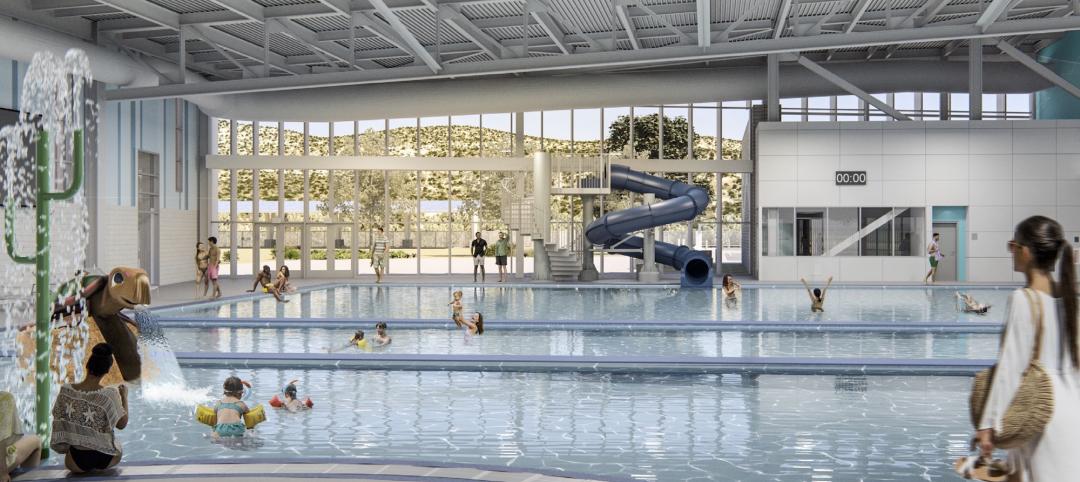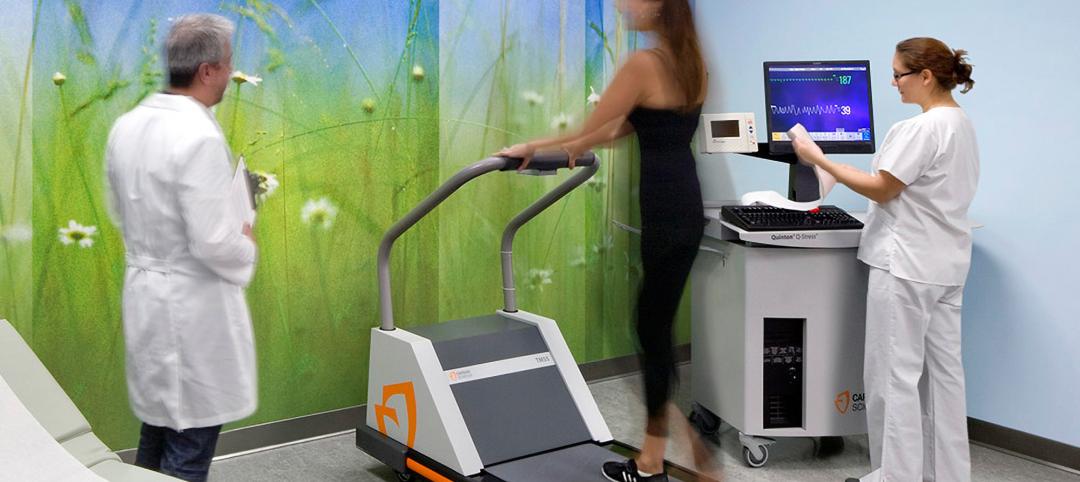Seven years before the COVID-19 pandemic took hold in the U.S. and forever changed how many Americans view their career, work environment, and true value to their employer, the Reddit subreddit r/Antiwork was born, largely as a protest against—and discussion forum about—the mounting pressures everyday workers face in a purely capitalistic society. Bad bosses, low wages, long hours, lack of overtime, dwindling benefits, dead-end positions, ever-demanding customers, meaningless jobs, brutal commutes, to name a few.
Now, nearly two years into the pandemic, the underlying message of r/Antiwork’s forums is ringing truer than ever. The subreddit is one of the fastest-growing and most-active discussion boards on the social media platform, with 1.66 million subscribers, up from a little over 100,000 at the outset of the COVID-19 outbreak.
At its core, r/Antiwork isn’t about abolishing work or people quitting their jobs—although examples of the latter can be seen throughout the feed, with screenshots of dramatic and often humorous text exchanges with supervisors at the moment of resignation. Rather, the subreddit is about empowering the labor force by any means necessary—ask for that raise, negotiate a hybrid work schedule, demand a reasonable workload. If all else fails, be confident enough to walk away for a better opportunity. Don’t settle for the norms that Corporate America has established.
While the architecture profession is not featured prominently in r/Antiwork—lower-paying, hourly jobs like retail, restaurant, and small business positions tend to be the focus—the industry is not immune to the ills that plague American work culture. Architects stand with doctors and lawyers as among the most highly educated and credentialed professionals in the nation. They work long hours, with demanding deadlines and little schedule flexibility—yet with meager pay relative to their peers in the legal and medical professions.
It’s no surprise, then, that signs of the r/Antiwork movement are starting to appear in the architecture field. The most glaring example is at New York City-based SHoP Architects. There, employees of the 135-person firm announced in late December that they are advancing a plan to form a union, citing low pay and long hours. If formalized, the effort would be the first to successfully create a union at a prominent private-sector architecture firm in the U.S., according to the New York Times. At the time of the report, more than half of SHoP’s eligible colleagues had signed cards supporting the union, which would affiliate with the International Association of Machinists and Aerospace Workers.
The Times reported that two other prominent New York firms are following suit. I expect other AE firms to join the movement in the coming months.
Related Stories
Hotel Facilities | Jul 27, 2023
U.S. hotel construction pipeline remains steady with 5,572 projects in the works
The hotel construction pipeline grew incrementally in Q2 2023 as developers and franchise companies push through short-term challenges while envisioning long-term prospects, according to Lodging Econometrics.
Sustainability | Jul 27, 2023
USGBC warns against building energy code preemptions, rollbacks
In a recent editorial, the USGBC cited a growing number of U.S. state legislators who are “aiming to roll back building energy code standards and/or preempt local governments from advancing energy-efficient building codes.”
Resiliency | Jul 27, 2023
'Underground climate change' can damage building foundations, civil infrastructure
A phenomenon known as “underground climate change” can lead to damage of building foundations and civil infrastructure, according to a researcher at Northwestern University. When the ground gets hotter, it can expand and contract, causing foundations to move and sometimes crack.
Adaptive Reuse | Jul 27, 2023
Number of U.S. adaptive reuse projects jumps to 122,000 from 77,000
The number of adaptive reuse projects in the pipeline grew to a record 122,000 in 2023 from 77,000 registered last year, according to RentCafe’s annual Adaptive Reuse Report. Of the 122,000 apartments currently undergoing conversion, 45,000 are the result of office repurposing, representing 37% of the total, followed by hotels (23% of future projects).
Hotel Facilities | Jul 26, 2023
Hospitality building construction costs for 2023
Data from Gordian breaks down the average cost per square foot for 15-story hotels, restaurants, fast food restaurants, and movie theaters across 10 U.S. cities: Boston, Chicago, Las Vegas, Los Angeles, Miami, New Orleans, New York, Phoenix, Seattle, and Washington, D.C.
Sustainability | Jul 26, 2023
Carbon Neutrality at HKS, with Rand Ekman, Chief Sustainability Officer
Rand Ekman, Chief Sustainability Officer at HKS Inc., discusses the firm's decarbonization strategy and carbon footprint assessment.
Sports and Recreational Facilities | Jul 26, 2023
10 ways public aquatic centers and recreation centers benefit community health
A new report from HMC Architects explores the critical role aquatic centers and recreation centers play in society and how they can make a lasting, positive impact on the people they serve.
Multifamily Housing | Jul 25, 2023
San Francisco seeks proposals for adaptive reuse of underutilized downtown office buildings
The City of San Francisco released a Request For Interest to identify office building conversions that city officials could help expedite with zoning changes, regulatory measures, and financial incentives.
Designers | Jul 25, 2023
The latest 'five in focus' healthcare interior design trends
HMC Architects’ Five in Focus blog series explores the latest trends, ideas, and innovations shaping the future of healthcare design.
Urban Planning | Jul 24, 2023
New York’s new ‘czar of public space’ ramps up pedestrian and bike-friendly projects
Having made considerable strides to make streets more accessible to pedestrians and bikers in recent years, New York City is continuing to build on that momentum. Ya-Ting Liu, the city’s first public realm officer, is shepherding $375 million in funding earmarked for projects intended to make the city more environmentally friendly and boost quality of life.

















